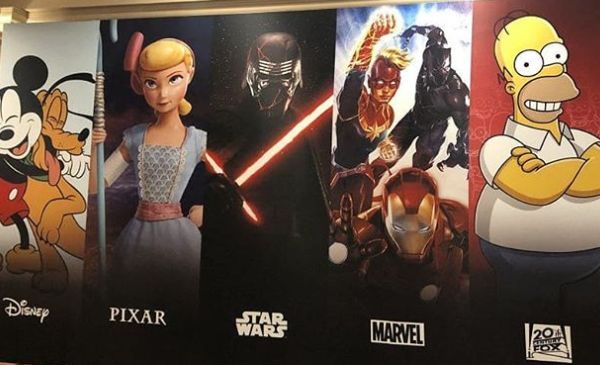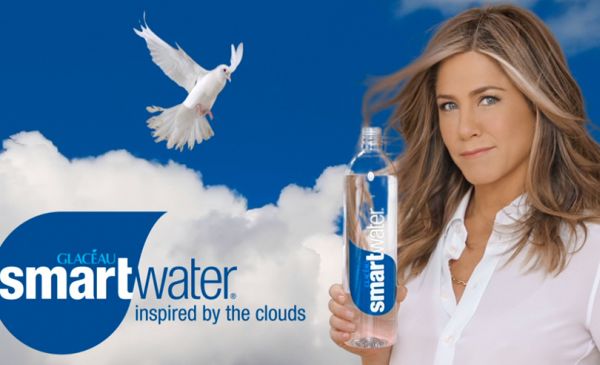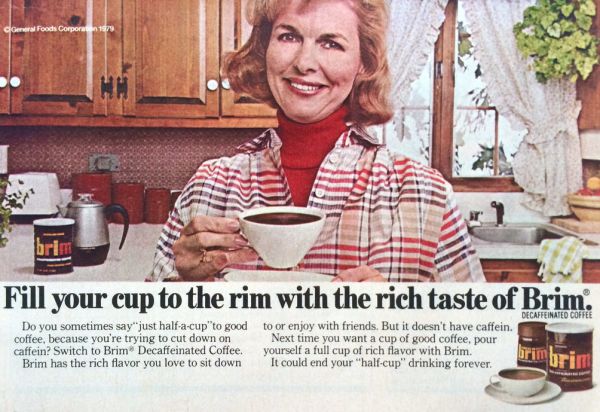On Friday, July 29, 2011, USA Today showcased an article on the front page of their business section titled Donald Trump Faces Lawsuit Over Business Deals. It seems Donald decided that the good work his agency, ALM International, completed when it signed apparel giant Phillips-Van Heusen aka PVH, to license Trump’s name for a line of dress shirts and formal neckwear, no longer warranted compensation.
According to the article, Trump didn’t think ALM should be entitled to their fees that arose from royalties based on automatic renewals on their agreement. “I don’t feel that these people did very much, if anything, with respect to this deal,” said Trump. Trump even questioned whether ALM was entitled to any compensation because all he signed was an Memo Of Understanding instead of a full agreement.
I’m sorry. Maybe I misunderstood. I thought brands built their equity and desirability over time based on consistently delivering (at times over delivering) on their promises and that ethical businesses paid suppliers for the work they performed. To paraphrase Picasso after his fee was questioned on a particular drawing that took no more than 5 minutes, Donald, you hired ALM for their expertise, not their elbow grease.
Anyone who has worked in the field of brand licensing (as we have) knows that there is a substantial ramp up period for the manufacturer to develop the product, get it approved and convince retailers to issue a purchase order. If the product sells successfully, reorders come in and the program grows. Since the majority of compensation to the licensing agency comes in the form of royalty payments, it is industry practice that there are automatic renewals. In this way, the consultant or agency wins when their client wins.
While Trump argues his brand is hotter than ever. If he wants to keep it that way, he may wish to help consumers understand why he has chosen to license his name to almost any product in the market place. Again from Friday’s USA Today article, “Today, fans who want to get their Trump on have a wide array of products to choose from. Trump video games. Trump chocolate. Trump tea. Trump ice. Trump furniture. Trump mattresses. Trump lighting. Trump home fragrance. Trump crystal. Trump eyewear. Trump cuff links and tie clips. Trump belts and small leather goods. And Trump business suits.” Donald, what do you want your brand to stand for?
To crystallize things, all Trump has to do is look at history with the Pierre Cardin brand to know where his brand is headed. As Jack Trout wrote in a 2008 post here on BSI “Pierre Cardin has lent his name to just about everything–at the expense, say some, of much of his credibility. He is known all over the world due to his penchant for stamping his name on everything from golf clubs and frying pans to binoculars and orthopedic mattresses. While most designers content themselves with fragrance, accessories and underwear, Cardin has amassed more than 800 licensees around the globe, and earns royalties on Pierre Cardin luggage, ceramics and cooker hoods.” It really got out of hand when Cardin began licensing his name to sardines and ships. According to the Wall Street Journal, Cardin hoping to sell his label valued it in June 2011 at €1 billion. Bankers estimate the Cardin label at much less — closer to €200 million.
With Trump licensing video games and fragrances, it is only a matter of time before the brand experiences a similar fate to Cardin. Coupled with Trump’s unwillingness to pay his agency for their work, it seems Donald may have double Trumped himself.
The Blake Project Can Help: The Brand Licensing Audit
Branding Strategy Insider is a service of The Blake Project: A strategic brand consultancy specializing in Brand Research, Brand Strategy, Brand Growth and Brand Education




